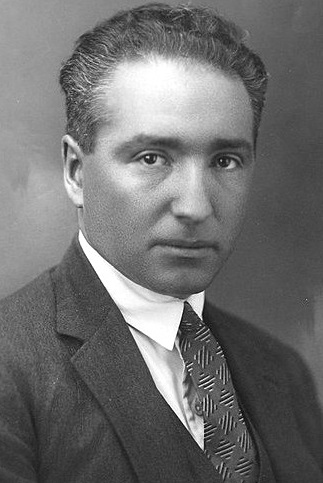Section 3 : Work Democracy versus Politics. The Natural Social Forces for the Mastery of the Emotional Plague
The Mass Psychology of Fascism (1933), Ch. 10 : Work Democracy
Kontext: MAN IS FUNDAMENTALLY AN ANIMAL. Animals, as distinct from man, are not machine-like, not sadistic; their societies, within the same species, are incomparably more peaceful than those of man. The basic question, then is: What has made the animal, man, degenerate into a machine?
When I say "animal," I do not mean anything bad, cruel or "base"; I am stating a biological fact. Man has developed the peculiar concept that he is not an animal at all, but, well — man; a creature which long since has shed that which is "bad," which is "animal." He demarcates himself in all possible ways from the bad animal and points, in proof of his "being better," to culture and civilization which distinguish him from the animal. He shows, in his whole behavior, his "theories of values," his moral philosophies, his "monkey trials" and such, that he does not want to be reminded of the fact that basically he is an animal, an animal, furthermore, which has much more in common with the "animal" than with that being which he asserts to be and dreams of being. The theory of the German Übermensch has this origin. Man shows by his maliciousness, his inability to live in peace with his kind, his wars, that what distinguishes him from the other animals is only his unbounded sadism and the mechanical trinity of the authoritarian concept of life, mechanistic science and the machine. If one looks at the results of civilization as they present themselves over long periods of time, one finds that these contentions of man are not only erroneous; more than that, they seem to be made expressly for the purpose of making man forget that he is an animal.
